No one loves in the hope of one day being pushed away forgotten, betrayed, or rejected.
Yet when the “talk” is requested, the Dear John or Dear Jane letter arrives, or the bags are packed, you may find yourself wrestling with the loss.
Determining how to cope with grief is tough, even when you can see the relationship’s end on the horizon and know the relationship needs to end. Your head knows it’s time to let go but your heart says something altogether different. You’re losing more than that person. You’re losing time, expectations for your future together, a sense of belonging.
How to cope with grief is also tricky when you thought things were good – when you’re blindsided by loss and abruptly abandoned. Dear John/Dear Jane letters, or desertion by a parent or close friend, is devastating. Your loss is compounded by the fact that you didn’t decide to end the relationship. Additionally, another abrupt change of mind might bring your loved one back to you, so there could be a lingering sense of hope. How do you deal with that?
Coping with grief and the loss of a relationship requires healing and acceptance. Yet this needs to happen knowing that the person you cared for is somewhere out there without you, choosing to be without you. Living with that reality, and emerging from your lost relationship stronger, will take time and a solid strategy for coping.
Move forward with a few of these ideas:
1. Actually make the time and space to heal. Burying your emotions can lead to an explosive mess or a long, slow, painful leak of unresolved feelings later. You can’t put the loss behind you this way. You loved someone. There’s no shame in that. You deserve time to grieve. Go through it, to be done with it.
2. Be good to yourself. Really good to yourself. What helps you heal? What is soothing? Journaling or playing an instrument might be cathartic. Reading or creative writing could help you get out of your head and find a healthy outlet for your emotions. Take care of your body, by exercising, eating healthy foods, and getting enough rest. Give yourself some time to focus on your needs and express them fully.
3. Tell yourself it’s okay to be where you are. You are sad. You are grieving a loss. A broken heart is not quickly mended. Sometimes that’s all you can do. If you can, put deadlines and demands on the back burner as you learn how to cope with your grief. Do what needs to be done and no more.
4. Call in your people. You need the people that are there for you now. They are a good reminder that you are not alone. You are loved. You have support and you belong. Let them be there for you, affirm you, and listen to you. It can also be a good time to reach out to others outside of your community. Is there a support group where you can connect with others grieving similar losses right now? Sometimes an online forum can be a helpful place to begin.
5. Renew and refresh. Consider singleness as a means to get back to your own goals and dreams. Coupled life may have kept you away from important areas of yourself that can now be attended to. Commit time and energy to the things that are unique to you. Reconnect with those pieces of yourself – your inner artist, your triathlete, your social being – that may have been on the sidelines.
6. Live in relationship reality. You can honor the love you had and affection you felt without pretending the relationship was more than it was. Your relationship had some problems…that’s why it’s over. Loneliness may try to convince you otherwise. Be patient with yourself. Look at the past clearly and appreciate the chance to move forward as a wiser individual.
Most importantly, take things day by day.
If you feel stuck or depressed, grief may have a hold on you that requires some extra help.
Reach out to a skilled therapist who can help you explore your emotions. Overcoming loss and abandonment will take time and patience. Be kind to yourself during the process.



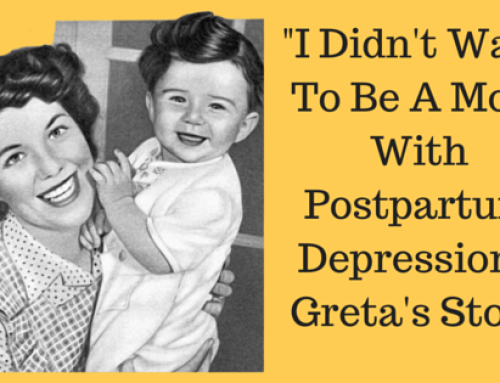
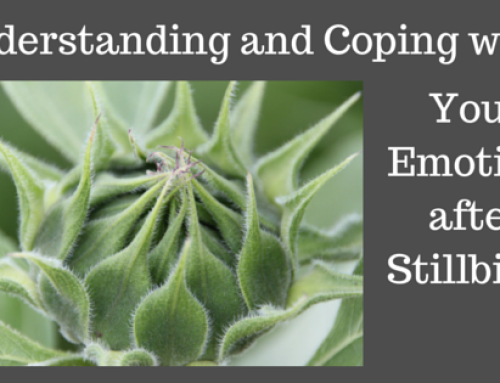
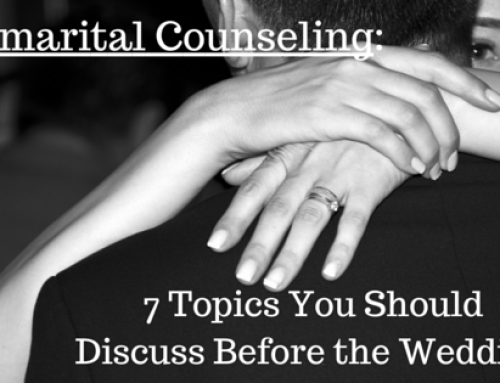
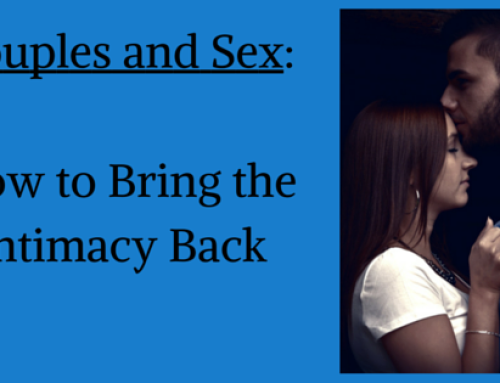
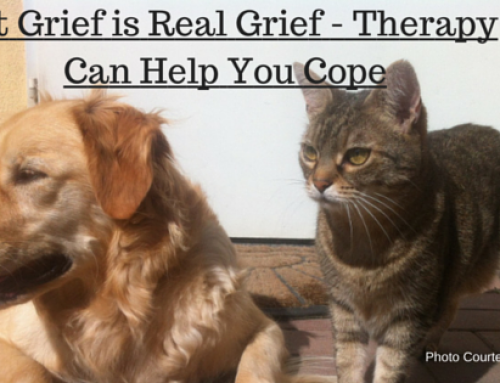
Leave A Comment